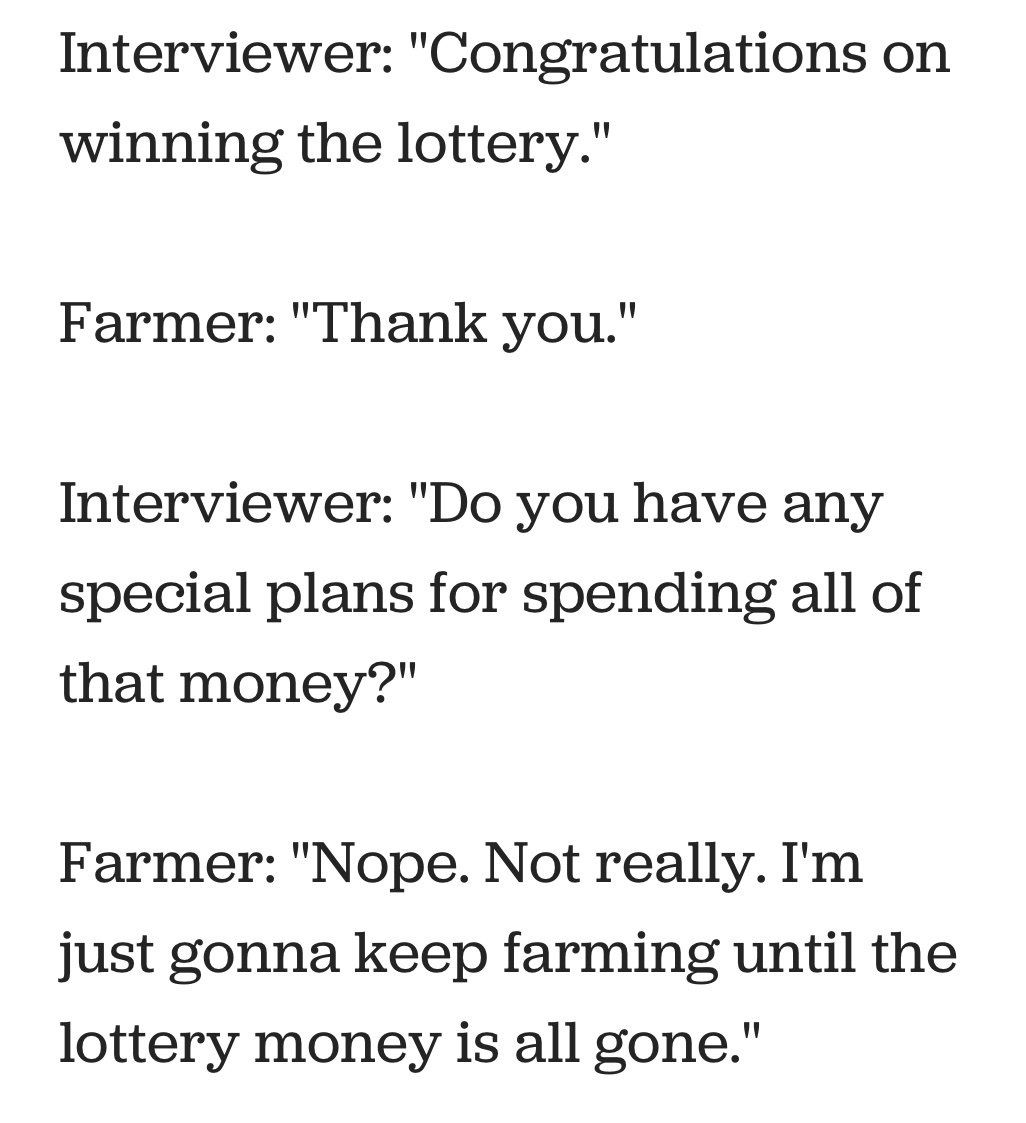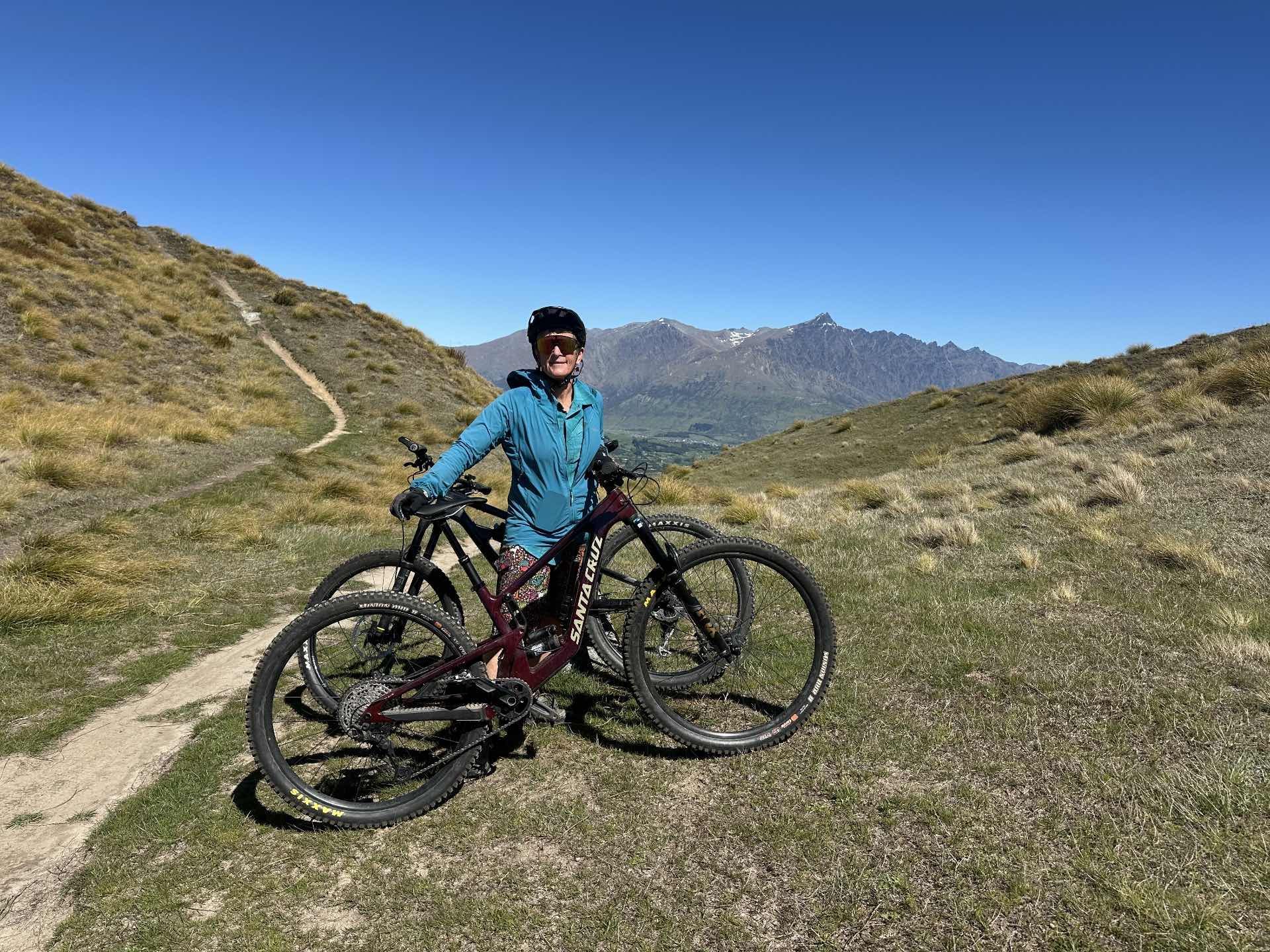Nuclear Futures

We were discussing climate change with Sarah – it is hard to avoid discussing climate change with a young person, particularly when that young person recently graduated with their PhD which investigates climate change and government policy. We were talking about the relatively narrow set of options for the United Kingdom, if it is to markedly reduce its carbon gas emissions. Sarah said, “Obviously we need more nuclear power stations.” In contrast, Chris and I had an instinctive negative reaction to the idea of nuclear power stations saving the day.
If one pulls apart the logic of the situation, it is hard to argue with Sarah. In 2019, the UK generated 43% of its electricity from fossil fuels and imported 8%. 17% of its power came from nuclear and 27% from wind, solar or hydroelectricity. However, the UK government plans to completely decarbonise the UK power system by 2035 i.e. 13 years from now. They state that growth in nuclear and offshore wind power will be critical to achieving this goal.
The UK will have to get building quickly. They have built no new nuclear power plants since 1995. The government hasn’t yet detailed its plans for ramping up any of this new energy, though it says nuclear plants won’t likely be built in this decade, suggesting there will be a lot of jobs building nuclear plants in the early 2030s!
So why our Chris and my bad reaction compared to Sarah’s? We are children of an era when nuclear power was closely tied in our brains with nuclear warfare. While today’s generation has grown up under the shadow of climate change, we grew up under the shadow of Mutually Assured Destruction. Obviously the feared destruction did not occur yet, although Putin seems quite keen on taking us back into a world where it is possible. Nuclear power was also linked in our minds with nuclear waste and nuclear accidents where both have high risk associated.
Nuclear power plant waste is risky because it is radioactive for millenia. The waste has to be stored somewhere safe with safe both meaning that bad actors can’t get hold of the waste and turn it into weapons, and safe meaning that radioactivity cannot leak out into the wider environment. Humans don’t like risk! Our cognitive biases mean we are much keener on avoiding risk than we are on potential gains associated with risk.
Nuclear power plants themselves are risky because they can go wrong. Only two have gone really badly wrong so far – is that a lot or not very many? Chernobyl famously ‘went wrong’ in 1986 as a result of reactor design flaws and human error. 335,000 people were evacuated and thousands of people exposed to radiation. Official estimates say only 100 people died as a result. Calculated deaths over time are in the few thousands. Clean-up of the site is scheduled to be complete in 2065.
The Japanese Fukashima plant was damaged in an earthquake in March 2011. Emergency generators which circulated coolant to the reactor cores in the event of a shut down, failed because of the tsunami following the earthquake. 154,000 people were evacuated and large amounts of contaminated water flowed into the Pacific Ocean. Clean-up will be complete around 30 to 40 years after the event.
As New Zealanders who lived through MAD, we are particularly nuclear averse. The lower half of our North Island and the South Island have major earthquakes on a regular basis so aren’t a good place to have a power plant or store nuclear waste. Moreover, we had our bias against nuclear power well and truly reinforced when we met an Belgian inspector of EU nuclear plants when we were cycling in Kyrgystan. I asked him, “Do you think nuclear plants can be safe?” He said, “From a technical point of view, I think nuclear power can be done safely. But, when you put humans into the mix, it will never be sufficiently safe.”
Guy was frustrated by the reactions of governments when he recommended additional safety measures or shutting down of the many old nuclear plants in Europe that are well past their use-by dates. In a move that reminds me of the arguments used for seismically unsafe buildings in Christchurch (until after the Canterbury earthquakes), governments argue for ‘just a little longer’ on the basis that they can’t afford safeguards or to lose the nuclear power. ‘Just a little longer’ might be acceptable in relation to a child’s bedtime but it is not acceptable when you are talking about seismic, or nuclear, safety.
A further part of Chris and my bias is living through the time in which New Zealand declared itself nuclear free. In the legislation of 1987, New Zealand made our territorial sea, land and airspace nuclear free zones. This was a huge statement at the time from a very small country and put us right offside with the USA. Our relationship with the USA is still shadowed by our refusal to let nuclear warships into our waters, which means no US ships can come because the USA won’t say whether their ships are nuclear-powered or nuclear armed, or not. In 2021 Australia entered into the AUKUS pact to get support for building nuclear submarines and the New Zealand Labour government announced that these new submarines will be banned from entering our nuclear free zone.
I looked to see which countries have banned nuclear power, taking it out of their options for low carbon electricity generation. As a result of Fukashima, Germany vowed to close all nuclear power plants by 2022 (they have three to go). Switzerland and Spain have banned the construction of new reactors. Scotland has stated it isn’t going to host any, despite the UK wanting to ramp the numbers of such plants up. As of 2016, countries without nuclear power and opposed to its establishment included Australia, Austria, Denmark, Ireland, Italy, Estonia, Latvia, Liechtenstein, Luxembourg, Malaysia, Malta, Norway, NZ, Portugal and Serbia. Japan was reducing its reliance on nuclear power but has done a back-track as have Belgium, the Philippines and Greece. These backtracks are based on their need for low carbon emissions power generation and a lack of other options.
New Zealand has options for generating electricity that many other countries don’t – we have significant low emissions potential in our geothermal resources and hydroelectric opportunities. We don’t have to think about nuclear, yet, although every opportunity for generation comes with its own particular environmental cost and its environmental protest – it would be a hard fought battle if a large new hydroelectric dam were proposed in NZ.
Environmental cost, in the end, is the clincher, isn’t it. We don’t know what is worst. Carbon gas emissions have an environmental cost that we are finally weighing heavily. The scale of environmental threat or damage posed by different alternatives are not easily compared, because of the different levels of certainty of their impact. If you flood rivers or lakes for hydroelectric power, you immediately and categorically lose surrounding forest and biodiversity – a known loss. If you build a nuclear power plant you risk long term radioactive environmental contamination, but this might also never occur. When a decision is so challenging it is likely that voters will turn to their gut reactions…
This reminds me again of the quote that I can’t actually find anywhere on the internet, only in my brain:
“When asked how he changed the minds of those who opposed him, a famous scientist said, I didn’t, they died.” It might be that today’s youth need the opportunity to experience the risks of nuclear power because it is their future that will be haunted, one way or another.
Because we are currently in Germany – back in 2020, when New Zealanders were were buying toilet paper…







